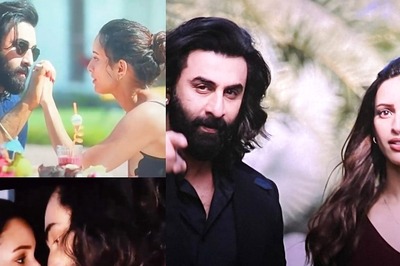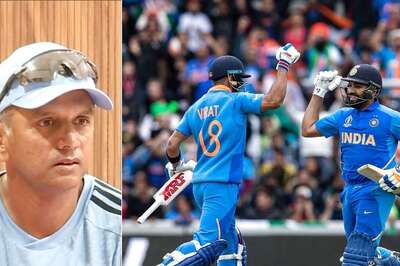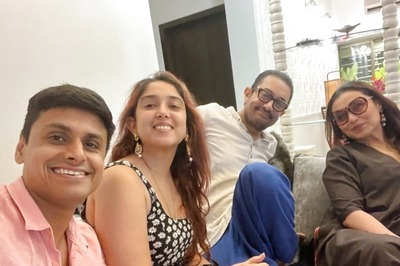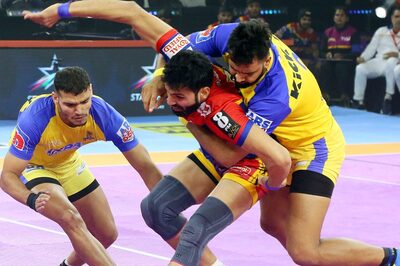
views
New Delhi: Death after death! Suddenly, it appears as if all criminals in India are heading to the gallows!
There are 333 convicts awaiting execution in India at the last count, according to the recently released Prison Statistics of India.
And as many 56 people -- three of them terrorists -- have been given the death sentence in nine months, Mohammed Afzal Guru being the last one before the Delhi High Court awarded death sentence to Santosh Singh.
Together, they add up to approximately 400 now. There are at least 20 clemency petitions pending with the President as of date.
Two people have been sentenced to death for rape and murder in the last 5 days. Serial killer and sex maniac Umesh Reddy (a constable with Karnataka Police, who was dismissed from service) was sentenced to death on October 26.
Umesh Reddy was a terror all over Karnataka in the second half of '90s. According to the police, he brutally raped and killed at least 20 women (including a few prostitutes) in just five years. He had earlier escaped from the jail twice.
Earlier in September this year, two sisters -- Renuka Kiran Shinde and Seema Mohan Gavit -- were sentenced to death and the Supreme Court upheld their death sentences. The sisters were accused of killing 13 children though only five of the murders could be proved.
However, the rate of execution has not been as fast as the award of death sentences. The last execution in the coutry was held in August 2004, when Dhananjoy Chatterjee of Kolkata was hanged to death for raping and murdering a schoolgirl in 1990. It was the first such execution since 1995.
Over the past 60 years only gruesome cases of murder or political assassination, such as that of former prime minister Indira Gandhi in 1984, have attracted capital punishment.
Any death sentence to a convict in India unfailingly follows a long procedure for appeal. Once sentenced, a defendant generally uses his/her right to appeal against the sentence as well as the conviction in a higher court.
The appeal generally goes all the way up to the Supreme Court, if the defendent fails to get any concession at any level and the process can take two to three years.
And when all legal routes get close, the defendent still can approach the President of India for clemency. This he can grant after seeking an advice from the Union Cabinet.




















Comments
0 comment